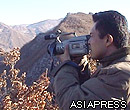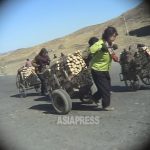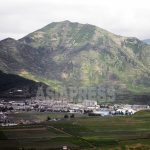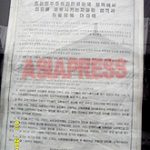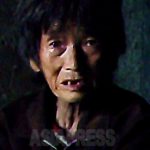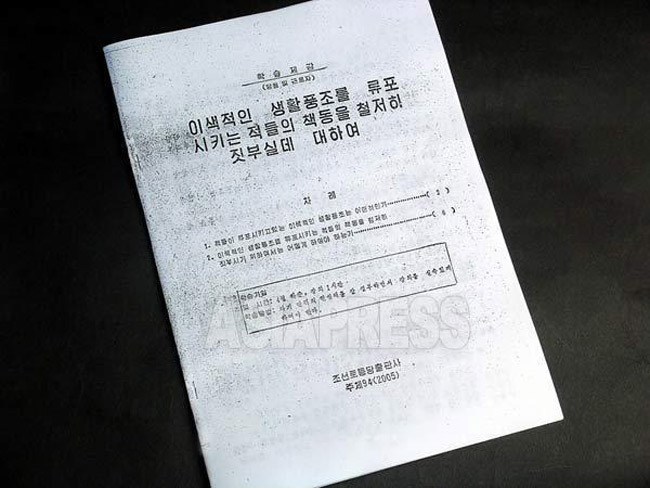
2016/Dec/28
5-3 The control of information is being weakened
The North Korean government has thoroughly prohibited the access of foreign TV programs, radio stations, newspapers, books, and videos except those that have passed through censorship. The newspapers and books in the Korean language published in Jilin Province, China, also get confiscated on arrival by immigration authorities. In North Korea people can only enjoy the state-broadcasted TV and radio and have almost no opportunity to be in contact with foreign tourists visiting the country. That is because the regime considers the information from outside as an existential threat to their governance.
Related Article: <Inside N. Korea> Expansion of the market economy as the driving force behind social transformation–based on sources from inside North Korea. (PART1)
However, the expansion of the market economy has been a fatal blow to the strict restriction of information getting into the country. Outside information itself has become widely spread and a commodity to be sold in the markets. Since around 2004 a huge amount of South Korean films and TV drama series have entered into North Korea and gained massive popularity. How do these videos get into North Korea without being blocked by censorship or immigration?
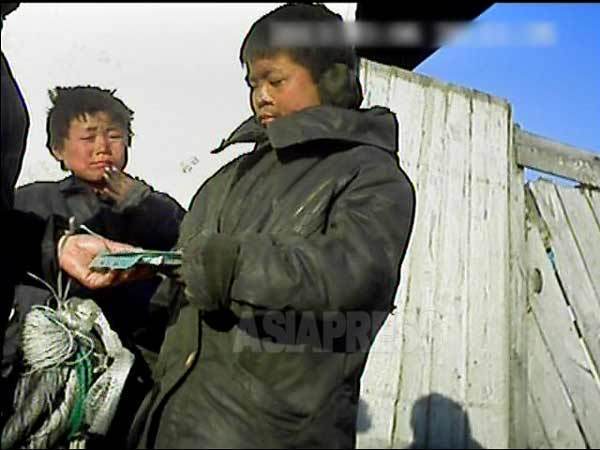
The main broadcastings from within South Korea are also transmitted by satellite at the same time. One can watch them in northeastern China or even in Japan as long as you have a parabolic antenna and a tuner. Needless to say, one is strictly banned from watching them in North Korea. South Korean TV series are so popular among ethnic Koreans in China that illegally copied ones are sold at markets a few days after their broadcast by satellite. At first, they were sold as VCD, having a low quality, but now DVD took it over and offers better quality. Eventually, pirated South Korean films and TV series get copied and cross the Amrok-gang (Yalu River) and the Tuman-gang (Tumen River) to enter North Korea.
Next page: The tide of digitized video has gained momentum since the 2000s in North Korea...
